Growth
Growth is the process of increasing in physical size. In living organisms, growth involves an increase in the number of cells and the size of these cells. It is a fundamental characteristic of all living things and is essential for their survival and development.
Types of Growth
- Cellular Growth: This involves an increase in the number of cells through cell division.
- Hypertrophic Growth: This type of growth involves an increase in the size of individual cells.
- Organismal Growth: The overall increase in the size of an organism as it develops from infancy to adulthood.
Factors Affecting Growth
Several factors influence the growth of living organisms including:
- Nutrition: Adequate nutrients are required for growth and development.
- Genetics: Genetic factors play a significant role in determining an organism's growth potential.
- Environment: The external conditions such as temperature, light, and water availability can impact growth.
- Hormones: Chemical messengers produced by the body that regulate growth and development.
Growth in Plants
Plants exhibit growth through the process of cell division and elongation. The growth of plants is influenced by factors such as sunlight, water, soil nutrients, and hormones such as auxins and gibberellins.
Growth in Animals
Animals grow through a combination of cell division and hypertrophic growth. Growth in animals is also influenced by genetic factors, nutrition, and hormonal regulation. Growth rates vary among different species of animals.
Study Guide for Growth
.◂Science Worksheets and Study Guides Seventh Grade. Cell Reproduction
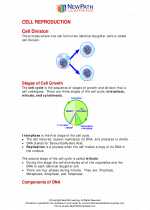
 Activity Lesson
Activity Lesson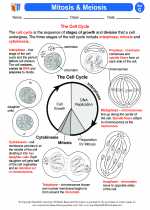
 Worksheet/Answer key
Worksheet/Answer key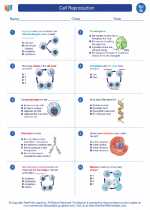
 Worksheet/Answer key
Worksheet/Answer key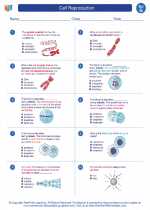
 Worksheet/Answer key
Worksheet/Answer key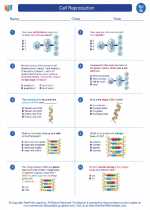
 Vocabulary/Answer key
Vocabulary/Answer key
 Vocabulary/Answer key
Vocabulary/Answer key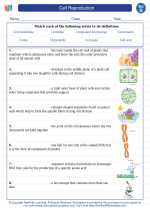
 Vocabulary/Answer key
Vocabulary/Answer key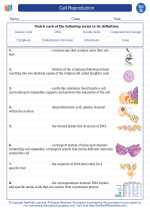
 Vocabulary/Answer key
Vocabulary/Answer key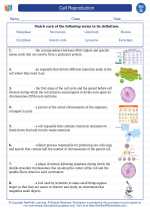
 Vocabulary/Answer key
Vocabulary/Answer key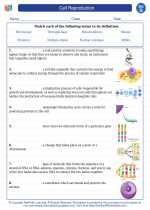
 Vocabulary/Answer key
Vocabulary/Answer key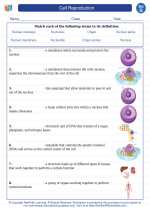
 Vocabulary/Answer key
Vocabulary/Answer key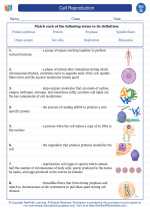
 Vocabulary/Answer key
Vocabulary/Answer key
